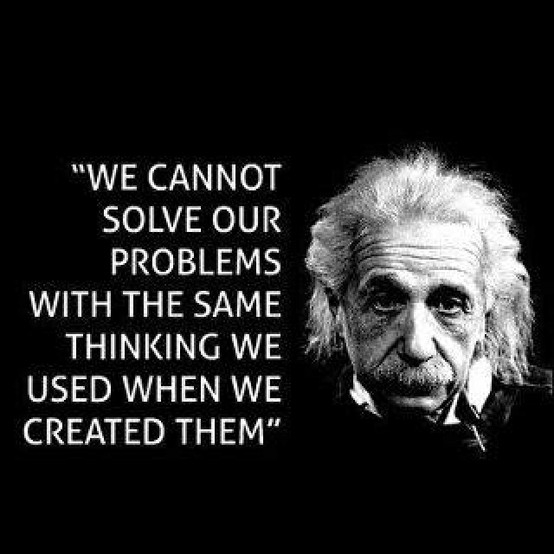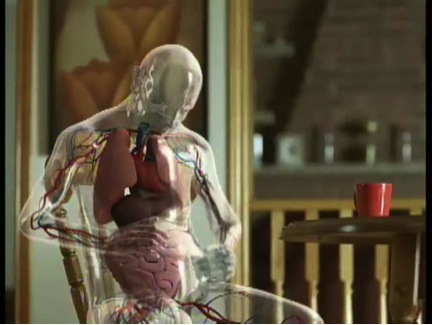By Deepak Chopra, MD, FACP
image credit: h.koppdelaney

It’s strange that we use the word “I” more often in a day than any other word except “a” and “the” without really knowing who “I” is. Ancient thinkers, both East and West, considered the self to be the highest mystery. The ultimate question, then, is “Who am I?” For most people, however, the question isn’t something they dwell on. But think of the bedtime prayer that every child learns, the one that begins “Now I lay me down to sleep.”
When you get to the phrase “if I should die before I wake,” you’ve hit upon something incredibly urgent. Your “I” arrived on the scene when you were born, but will “I” disappear when you die? In the Indian tradition nothing is more urgent than to reverse the wording. “If I wake before I die” is all-important. It expresses the state of enlightenment, and with it the assurance that “I” is more permanent than death.
The issue isn’t just Indian but universal. Let’s see if we can get the experience of intellectual enlightenment right this minute, simply by redefining “I.”
The casual belief that “I” is very easy to define comes from everyday life. Everyone uses the word all the time, which gives a false sense of security. “I” is the first person, the experiencer. We hang all kinds of labels on it: I am Indian, a doctor, a male, a father, husband, and brother. But in times of personal crisis, such as severe grief or depression, these labels become hollow. “I” feels desolate and alone, owning nothing but a handful of ashes. (more…)




